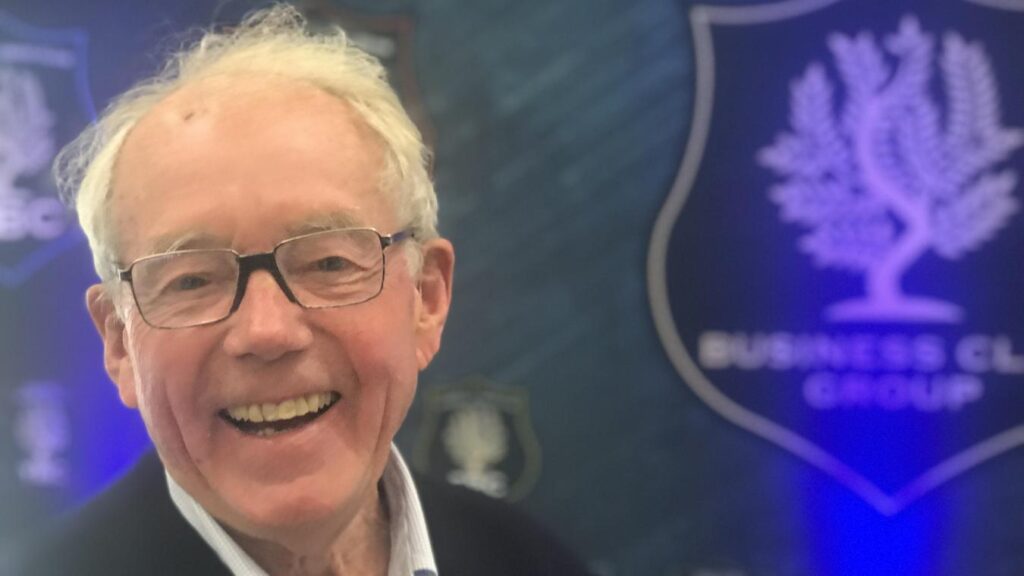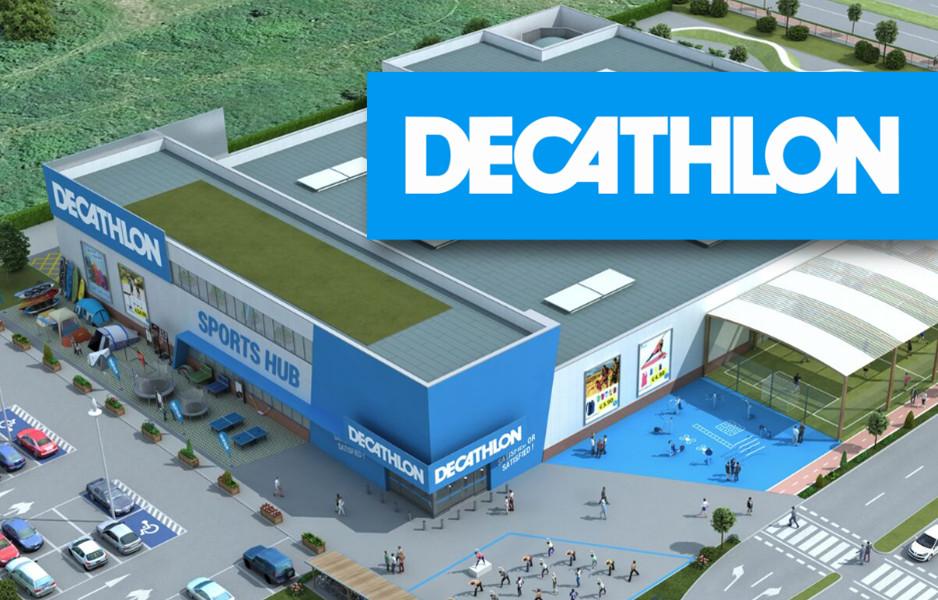Decathlon is a multinational sports retail company that specializes in designing, manufacturing, and distributing sports equipment, apparel, and accessories. It is known for offering a wide range of products across various sports categories, making it a one-stop shop for athletes and sports enthusiasts.
Decathlon was founded in 1976 by Michel Leclercq in Lille, France. Since then, the company has experienced remarkable growth and expansion, with stores now operating in numerous countries worldwide. Decathlon follows a unique business model that combines in-house product development, production, and retail operations, allowing them to offer affordable sports gear without compromising on quality.
The company’s product range covers an extensive array of sports disciplines, including but not limited to cycling, running, swimming, team sports (such as football, basketball, and volleyball), fitness, hiking, camping, and outdoor activities. Within each category, Decathlon provides a wide selection of equipment, apparel, and accessories, catering to different skill levels, age groups, and specific sporting needs.
Decathlon differentiates itself through its emphasis on accessibility and affordability. The company strives to make sports accessible to all individuals, regardless of their age, ability, or financial means. By offering competitively priced products, Decathlon aims to remove barriers that often hinder people from participating in sports activities and leading a healthier, more active lifestyle.
Another key aspect of Decathlon is its focus on innovation and product development. The company invests heavily in research and development to create innovative and technologically advanced sporting goods. Decathlon operates its own research and design centers, where teams of experts collaborate to design and improve products based on user feedback and market trends.
Furthermore, Decathlon places a strong emphasis on customer experience and engagement. Their stores are designed to provide an immersive and interactive shopping experience, often featuring dedicated sports zones where customers can try out equipment, receive expert advice, and participate in sports events and training sessions. Decathlon also prioritizes customer feedback and continuously seeks to improve its products and services based on customer needs and preferences.
Overall, Decathlon is more than just a sports retailer; it is a brand that aims to inspire and enable individuals to pursue their sporting passions and lead an active life. With its wide range of affordable products, focus on innovation, customer engagement, and commitment to sustainability, Decathlon continues to make a significant impact in the sports industry, empowering athletes and sports enthusiasts worldwide.
Founding History and Origins of Decathlon
The founding history and origins of Decathlon can be traced back to the vision and entrepreneurial spirit of Michel Leclercq. In 1976, Leclercq founded a company called “Decathlon” in Lille, a city in the north of France. The name “Decathlon” itself is derived from the term used in the Olympic Games to describe a combined athletic event consisting of ten different disciplines.

The initial concept behind Decathlon was to create a store that offered a wide range of sports equipment and apparel under one roof. Leclercq envisioned a retail space where customers could find everything they needed for various sports activities, eliminating the need to visit multiple specialty stores. This concept aimed to make sports more accessible and convenient for people of all ages and abilities.
In the early years, Decathlon faced several challenges as Leclercq worked tirelessly to establish the brand and expand its operations. The company initially focused on selling primarily bicycle components and accessories. However, Leclercq soon recognized the potential to diversify into other sports categories and cater to a broader customer base.
As Decathlon grew, Leclercq realized the importance of developing in-house brands and products that would meet the specific needs and preferences of sports enthusiasts. He believed that by controlling the entire production process, from design to manufacturing, Decathlon could offer high-quality products at affordable prices. This approach also allowed for greater innovation and customization based on customer feedback.
In the 1980s, Decathlon began to expand its product range and introduced its first in-house brand, “Quechua,” focusing on outdoor and camping equipment. This marked a significant milestone for the company, as it paved the way for the development of other Decathlon brands in different sports categories.
Decathlon’s success and popularity continued to grow throughout the 1990s and early 2000s. The company expanded its retail presence across France, opening new stores in various cities and regions. In addition to its physical stores, Decathlon embraced e-commerce and launched its online platform to reach a wider customer base and provide a seamless shopping experience.
Internationally, Decathlon made its first foray into foreign markets in 1986 by opening a store in Germany. This was followed by expansion into other European countries, including Spain, Italy, and the United Kingdom. The company continued to expand globally, opening stores in Asia, South America, Africa, and Oceania, solidifying its position as a leading global sports retailer.
Today, Decathlon operates in over 70 countries, with hundreds of stores worldwide. The company continues to adhere to its core values of accessibility, affordability, and innovation. Decathlon’s commitment to research and development, along with its dedication to providing high-quality products, has made it a trusted brand among athletes, sports enthusiasts, and individuals seeking to lead an active lifestyle.
The founding history and evolution of Decathlon showcase the visionary approach of Michel Leclercq, who transformed a small retail concept into a multinational sports retail powerhouse. Through its wide range of products, focus on in-house brands, and commitment to customer satisfaction, Decathlon has revolutionized the way sports equipment is bought and sold, making sports more accessible and enjoyable for millions of people worldwide.
Brand Portfolio of Decathlon
Decathlon boasts an extensive brand portfolio, encompassing a diverse range of sports categories. The company’s commitment to innovation, quality, and affordability is reflected in its in-house brands, each catering to specific sports disciplines and customer preferences. Here are some of the notable brands within Decathlon’s portfolio:
Quechua: Quechua focuses on outdoor and adventure sports, offering a wide range of products such as hiking and camping equipment, clothing, footwear, and accessories. The brand is known for its durable and reliable gear, designed to withstand various weather conditions and terrains.
Domyos: Domyos specializes in fitness, yoga, and dance-related products. The brand offers an extensive selection of workout apparel, gym equipment, accessories, and footwear. Domyos aims to provide comfortable and functional gear that supports individuals in their fitness journeys.
B’Twin: B’Twin is Decathlon’s brand for cycling enthusiasts. It covers a broad spectrum of cycling disciplines, including road cycling, mountain biking, and urban commuting. B’Twin offers bicycles, cycling apparel, helmets, accessories, and components, catering to both recreational riders and competitive cyclists.
Kalenji: Kalenji focuses on running and athletics, offering a range of running shoes, apparel, and accessories. The brand aims to provide comfortable and affordable products that meet the specific needs of runners, whether they are beginners or experienced athletes.
Artengo: Artengo is Decathlon’s brand dedicated to racket sports such as tennis, badminton, and table tennis. The brand offers a comprehensive range of rackets, balls, strings, apparel, and accessories designed for different skill levels and playing styles.
Nabaiji: Nabaiji is Decathlon’s brand for swimming and water sports. It provides a wide range of swimwear, swimming accessories, goggles, fins, and pool equipment. Nabaiji focuses on delivering products that enhance performance, comfort, and safety in and around the water.
Kipsta: Kipsta caters to team sports such as football (soccer), basketball, rugby, and volleyball. The brand offers a diverse selection of sportswear, footwear, equipment, and accessories for both amateur players and professionals.
Tribord: Tribord is Decathlon’s brand dedicated to water sports, primarily focused on activities such as surfing, sailing, kayaking, and snorkeling. The brand offers wetsuits, swimwear, water shoes, boards, and other related gear, designed to provide comfort, performance, and safety in aquatic environments.
These are just a few examples of the brands within Decathlon’s portfolio. Each brand represents Decathlon’s commitment to providing specialized, high-quality products for a wide range of sports and activities. By developing its in-house brands, Decathlon ensures control over product design, production, and affordability, allowing customers to access reliable and affordable sports equipment and apparel. The brand portfolio of Decathlon reflects the company’s dedication to promoting an active lifestyle and making sports accessible to all.
Also Read: Marketing Strategies and Marketing Mix (7Ps) of Adidas
To read more content like this, subscribe to our newsletter




